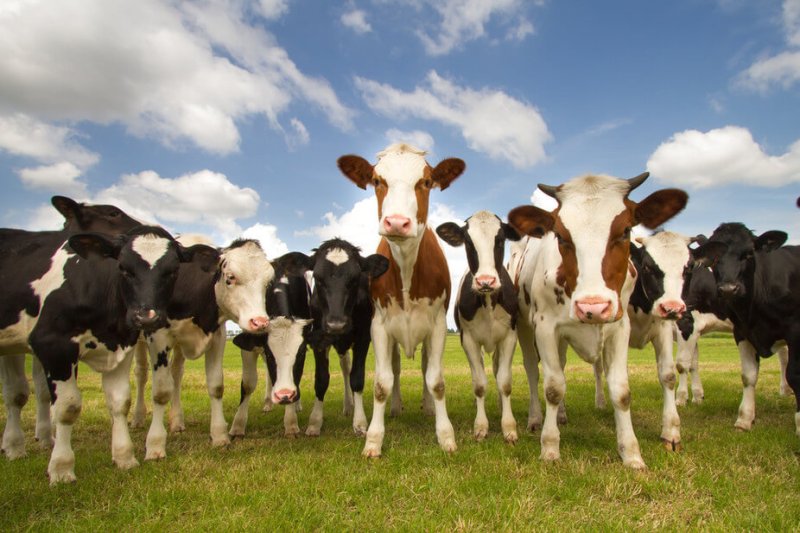Climate change is affecting the spread and severity of infectious diseases around the world — and infectious diseases may in turn be contributing to climate change, according to a new paper in Trends in Ecology & Evolution.
The research, led by Vanessa Ezenwa, a professor of ecology at the University of Georgia, and funded by the Living Earth Collaborative at Washington University in St. Louis, describes how parasites can cause animals to produce more methane, a powerful greenhouse gas.
“There is evidence that climate change, and warming temperatures in particular, are impacting some infectious diseases and increasing their prevalence,” Ezenwa said. “If that’s happening for livestock diseases, and simultaneously higher prevalence is triggering increased methane release, you could end up with what we call a vicious cycle.”
Methane is a greenhouse gas with an effect on global warming 28-36 times more potent than carbon dioxide. In the past 10 years, atmospheric methane concentrations have increased rapidly, with about half of the increase attributed to emissions from livestock.
“With human consumption of meat increasing four- to five-fold since the 1960s along with the ever-increasing impacts from climate change, this vicious climate-disease cycle is one more example of the interconnection of our greatest planetary ills — climate change and emerging infectious diseases,” said Sharon Deem, the director of the Saint Louis Zoo Institute for Conservation Medicine and a co-author of the paper.































